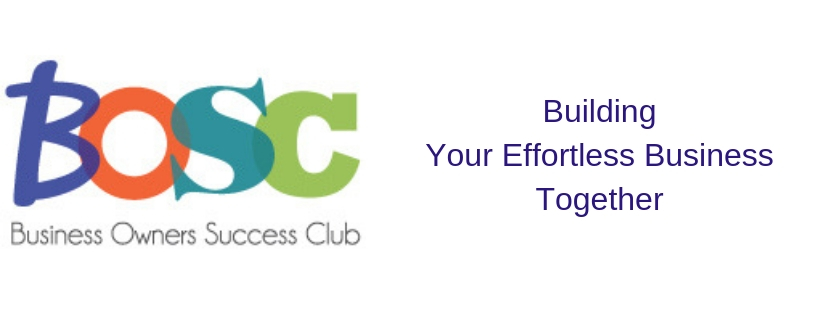WHY
Peter Principle
The Peter Principle: “in a hierarchy every employee tends to rise to his level of incompetence” (http://en.wikipedia.org/wiki/Peter_Principle).
The same holds true for small business. Our business tends to rise to the level of our incompetence. That’s why it is vitally important for business owners to continually upgrade their skills
Business skills are important and you must understand them; but you can hire them in. It is more important that you know they exist and that they make your life/business easier.
Marketing is essential for your business. There are proven ways/systems/tactics and strategies to make a highly efficient marketing machine. The more of these that are implemented, the more effective your marketing becomes. Do you have to understand all this and implement it in your business? No. You have to cause it to be implemented.
The management theory we are using now was designed for large manufacturing based businesses. We are moving to a time of service based business, with a workforce that can be scattered around the world. We are, also, seeing teams come together for short-term projects, then disbanding to work on other projects.
Your level of incompetence isn’t dependent upon a deep knowledge about the ‘4 pillars’ of business – operations, marketing, HR and finance; it’s about the skills you bring as a leader.
WHAT
Change agent
We are living through a period of tremendous change. The Industrial Revolution wreaked havoc on society and the environment as machinery necessitated the movement of goods and people into centres. It changed the way people lived, ate and had families – pretty fundamental stuff!
People no longer produced the goods they needed. They traded their time for money to buy the goods they needed. They moved from living in small villages, very much in tune with nature, to living in cities. They had less kids and they were now living away from their extended families.
We are going through another similar revolution and what we call it is immaterial. The fact is, it’s happening and you as a leader of your business must help the people in your teams to navigate this change.
People don’t like change. It scares them. Your job is to help them learn how to accept the change that is happening. At the same time you have to become comfortable with the fact that we don’t know how this will all turn out. You are navigating in uncharted waters.
You have to manage despite your own fears of change and help those around you manage their own fears.
Motivate Desire
Some of us may remember the time when it was enough to give someone a set of tasks and a paycheque and that was the extent of motivation.
People want to do more with their lives than live to work and work for the weekends. They want to know they are making a difference in the world.
Your customers want to know you are interested in more than money. They want to know how you are helping the environment, our community and saving the world.
Daniel Pink wrote the book on motivation. The conventional notion is that the carrot and stick are all we need to motivate people. It turns out that what people really want is to have the Autonomy to direct how they work; the ability to gain Mastery of what they do; and Purpose and meaning in their work. Your job is to let them have those things.
Leadership
Understand your leadership style. Some leaders set out exactly how they want things done, some set the expectations for the finished product and let their teams make it happen.
People are all different and it is exactly those differences that can make your business robust and exciting. But even though opposites attract, they also create friction. Your job is to assemble a diverse team that can all work well together.
HOW
Vision
As the leader, you hold the vision for what you are trying to achieve. You set the direction. You inspire.
You don’t have to know the path, you don’t have to draw the map. You have to paint a picture of the destination and make it so compelling and so clear that your teams are all working together to get there.
Culture
The culture is the way you do business. It’s how you know everyone is providing the service, in the way you want it done. Culture brings predictability (or not) and lets people know what to expect.
Communication
Communication is key. The more you communicate, the clearer the vision and the firmer the culture. The more you communicate to your teams, the better they feel about where they stand within the organization and where they are going.
Marketing is merely communicating your story. Make your story a great one and let it fly.
These days communication is about letting the real you shine. Authenticity is essential, because people can tell spin from real.
Your responsibility as a business owner is to continue to grow yourself so you can grow your business. Learn about coming events and programs or how we can work together.


No Pings Yet